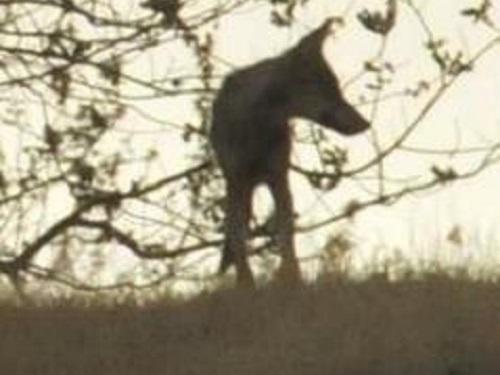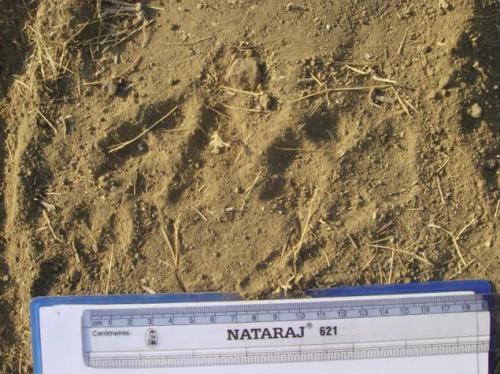Roopa Krithivasan
This project aims to understand the impact of wolf depredation on livestock husbandry in the study region, by gathering data on human demographics and husbandry practices, and understanding wolf ecology. Our ultimate goal is to obtain a holistic picture of the conflict that will allow us to suggest measures to reduce losses incurred by local residents due to depredation by wolves.

Over a period of four months, extensive data collection will be carried out in the study site, falling into the following catagories:

1. Interviews of affected residents: Locals who have directly or indirectly been affected by wolf attacks will be identified and interviewed. We will obtain information on demographics, attitudes toward wolves, livestock protection practices currently implemented, and past experiences with compensation schemes.
2. Mapping: mapping techniques using GIS will be employed to provide a better picture of patterns in wolf presence. We will be taking coordinates at sites of all known wolf attacks, as well as locations of all attacks that may occur during the study period. In addition, an estimation of wolf density and range will be obtained by surveying the area for scats.
3. Dietary analysis: Scats collected will be analysed for prey remains, to determine the extent to which livestock depredation is a part of wolf diet.
Once data is collected and analysed, we will be able to formulate potential mitigating actions that may be taken to reduce the conflict, and we will be advising both residents and forestry officials of steps that may be taken to reduce losses to wolf depredation. Given the extent of wolf presence in India and the widespread conflict that occurs at interfaces between burgeoning human populations and native predator species, we hope that our findings will facilitate the mitigation of similar conflicts elsewhere.